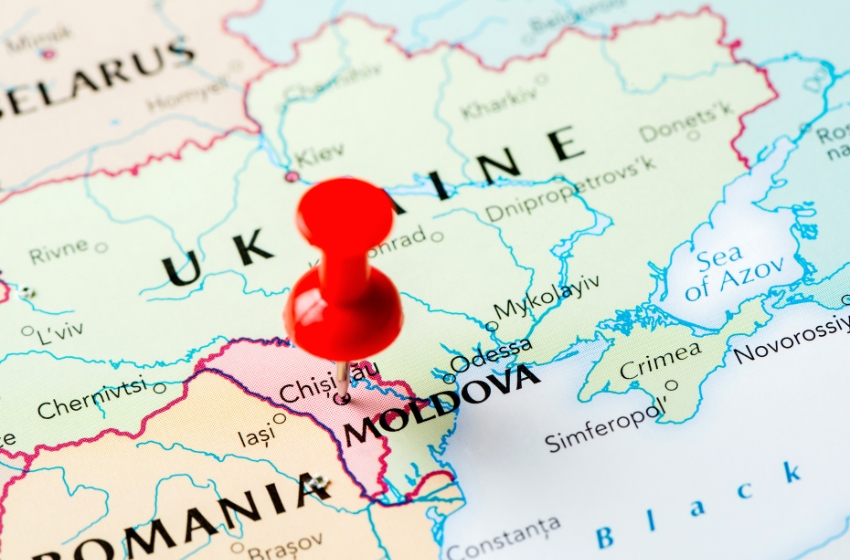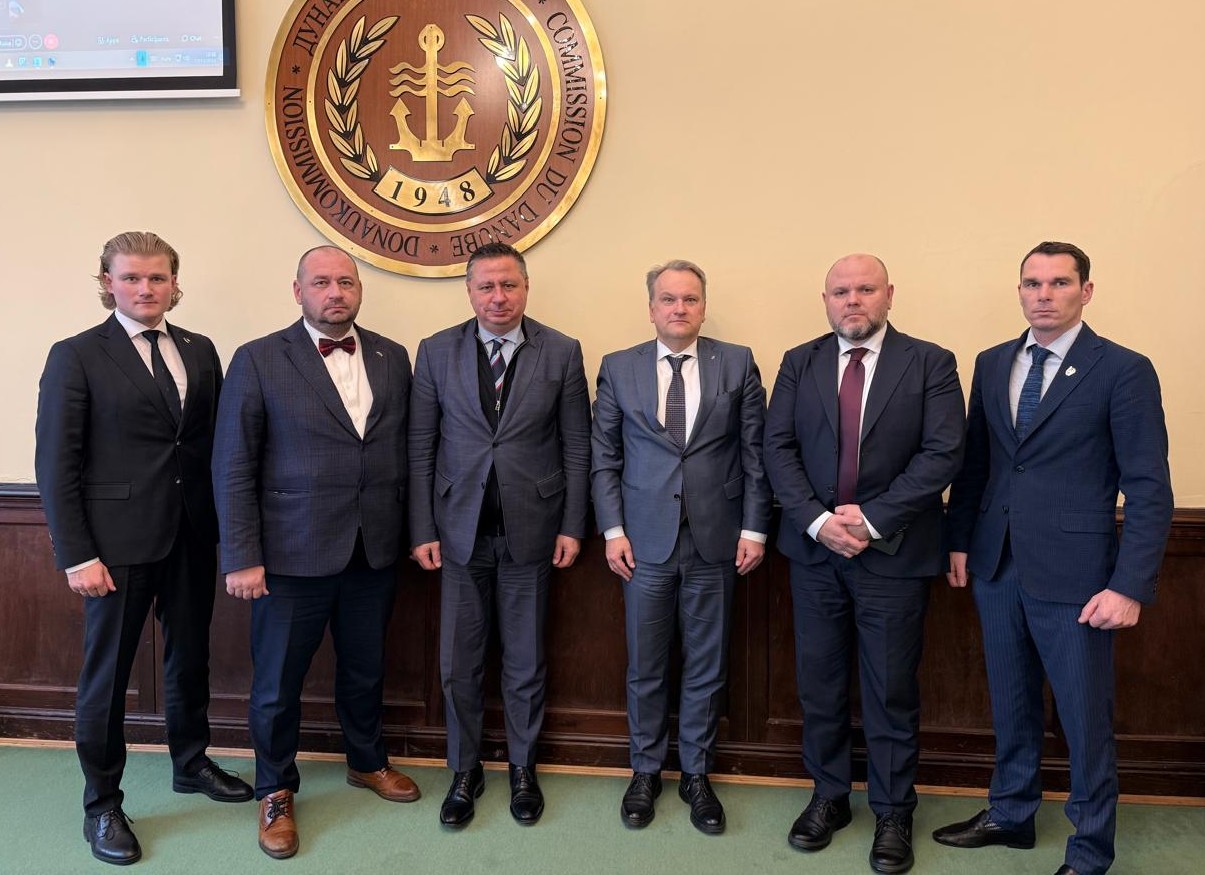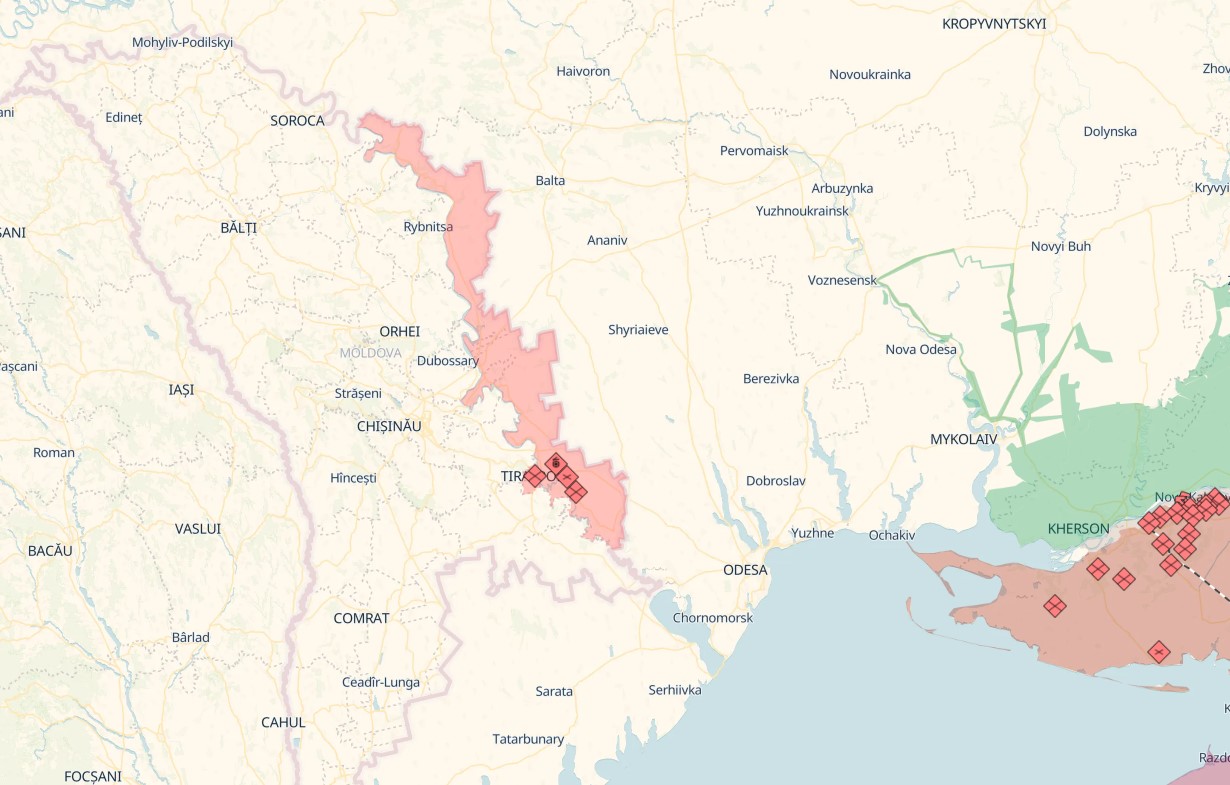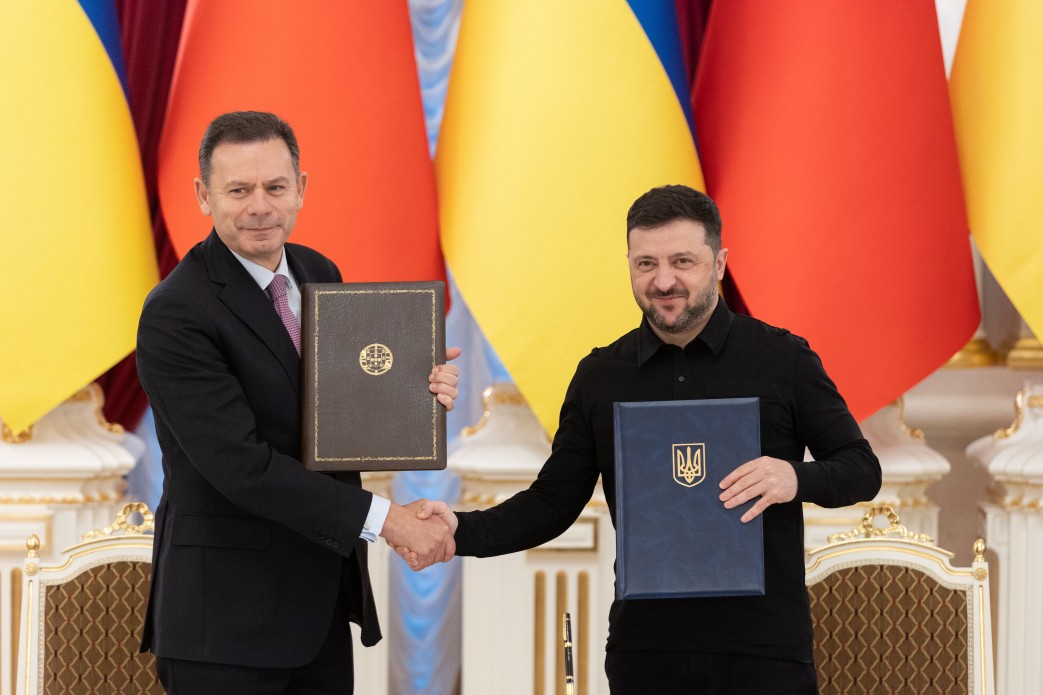Russia is preparing hybrid interference in Moldova’s 2025 elections. Voting could become a battleground between democracy and Kremlin attempts to influence the outcome. Moscow aims to exploit voter fatigue, political fragmentation, and regional divisions to bring Chișinău back under its control, experts from the Robert Lansing Institute say.
President Maia Sandu and her pro-European government continue pursuing democratic reforms and EU integration. However, Russia sees Moldova not only as part of the lost Soviet space but also as a testing ground for hybrid warfare tactics in Europe.
Research indicates the main contest will be between Sandu’s Party of Action and Solidarity (PAS) and a fragmented bloc of pro-Russian forces. These include the Communist and Socialist Bloc with former presidents Igor Dodon and Vladimir Voronin, the “Shor 2.0” party, the “Victory” movement led by former MP Alexandr Nesterovski, the Gagauz People’s Party of Evghenia Guțul, and several minor populists covertly backed by Moscow.
If the elections are free and fair, PAS has a slim chance to retain power. But Moscow could shift the balance through active information warfare and voter erosion. A possible scenario includes a pro-Russian/populist coalition declaring itself a “national salvation government.”
Russia uses the FSB, SVR, and GRU to destabilize Moldova. The FSB handles internal provocations, supports separatist sentiments in Gagauzia and Transnistria, and controls funding of pro-Russian parties through diplomatic channels. The Foreign Intelligence Service runs long-term operations recruiting elites and former security officers and coordinates with foreign networks linked to fugitive oligarch Ilan Shor. The GRU is responsible for sabotage, logistics, cyberattacks, and provocations.
Possible destabilization scenarios include organizing unrest in Gagauzia and Transnistria—fake referenda, mass protests, autonomy declarations—street protests accusing fraud, cyberattacks on voting infrastructure, and launching parallel “governments” in exile, e.g., in Comrat.
The hybrid campaign is coordinated by senior Kremlin officials: Dmitry Kozak, Sergey Kiriyenko, Andrey Turchak, and GRU General Andrey Averyanov. The Russian embassy in Chișinău acts as a liaison with local agents and loyal structures.
Moldova remains vulnerable. Kremlin loyalists hold strong positions in law enforcement and courts. Russian Telegram channels and regional media continue influencing public opinion despite a ban on pro-Kremlin TV. Pro-Russian forces also aim to pressure PAS through the diaspora in Russia and southern Moldova. Moldovan security services are poorly prepared for cyberattacks and fake threats.
Recent polls show PAS leading with about 30%, but united pro-Russian parties (PSRM, PCRM, Shor 2.0, NP, PRIM) could reach 35%. The “Alternative” bloc, though pro-European, may split votes.
Voter turnout will be decisive. Low turnout weakens PAS, while high diaspora participation—as in 2024—may benefit pro-European forces. Overall, the 2025 election will shape Moldova’s internal future and regional stability. All signs point to Russia preparing a coordinated campaign to undermine voting, destabilize the country, and fuel separatism.





















